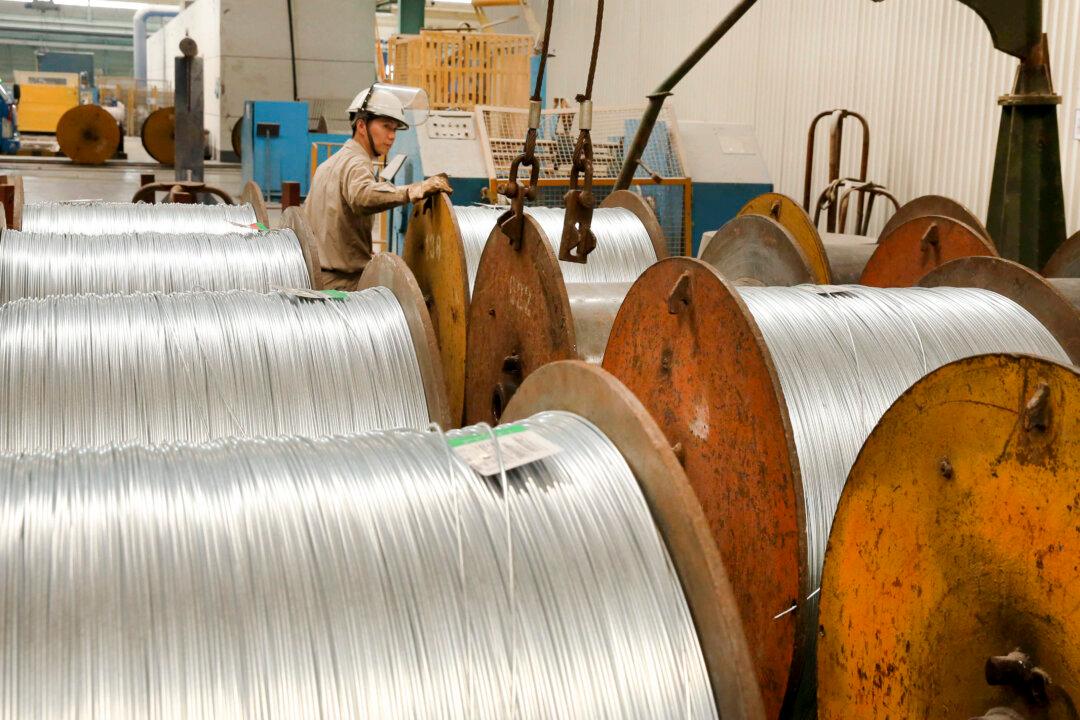Commentary
While the Trump administration’s tariffs and Beijing’s reactions to them have occupied the headlines, China has also had to react to European restraints on its trade.

While the Trump administration’s tariffs and Beijing’s reactions to them have occupied the headlines, China has also had to react to European restraints on its trade.